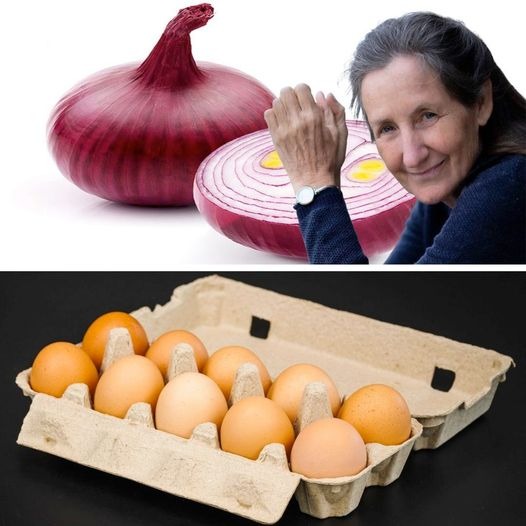It seems sense to want to keep things fresh by refrigerating it during the intense summer heat. However, did you realize that cooling isn’t always the best course of action? Some goods, surprisingly enough, do better when kept outside of the refrigerator. Let’s examine these meals and learn the proper way to manage them.
Bread: Don’t let it go bad!
Although it would seem like a good idea to refrigerate bread to extend its shelf life, doing so may have the opposite effect. When bread is kept in the refrigerator, it might dry out more quickly and become softer. It may also take on various tastes from the refrigerator.
There’s a better method if you can’t resist putting bread in the refrigerator. After cutting the bread, put each piece in a freezer bag. To enjoy it freshly prepared, just thaw and reheat in the oven when you’re ready to eat.
Take Care When Using Garlic and Onions
Onions and garlic also need particular handling during storage. Keeping whole onions in a pantry or basement is preferable than putting them in the refrigerator since they want a cold, dry environment. Onions quickly deteriorate in the refrigerator because they dislike moisture.
On the other hand, chopped onions might smell like onions in your refrigerator and are more likely to deteriorate. Chopped onions should be kept in the refrigerator in an airtight container to prevent spoiling and smells. Garlic should be kept in a pantry or another dry, cold, and well-ventilated area. Steer clear of direct sunlight since it may degrade entire garlic bulbs.
Garlic cloves that have previously been sliced are best stored in the refrigerator. To maintain their freshness and stop other items from absorbing the aroma, store them in an airtight container. Just be aware that the taste of chilled garlic may change somewhat.
Avocados and Potatoes: Different Regulations
Two common foods, potatoes and avocados, have specific storage needs as well. Avoid storing whole potatoes in the refrigerator; instead, store them in a cold, dark, and well-ventilated area. Potatoes’ taste may alter due to the faster conversion of starch to sugar at colder temperatures. You may keep them in the refrigerator for up to a week if you don’t have access to a cold place and you live in a hot environment.
Avocados should be refrigerated according on their level of maturity. It’s better to keep an unripe green avocado out of the refrigerator until it’s completely ripe. An unripe avocado’s ripening process may be greatly slowed down by refrigerating it. A ripe avocado may, however, be kept in the refrigerator to preserve its freshness if you choose to wait a few days to consume it. To extend its shelf life, place the avocado inside a paper bag or towel to absorb any excess moisture.
The Olive Oil and Tomato Dilemma
ADVERTISEMENT

